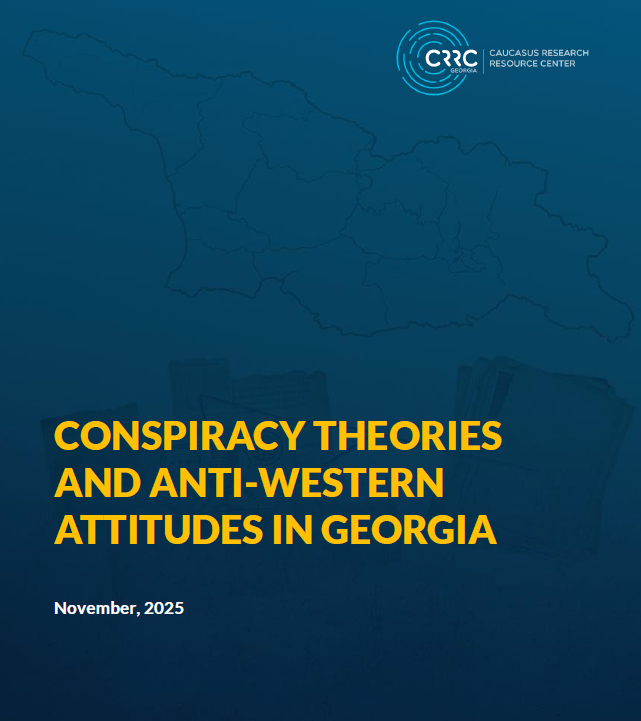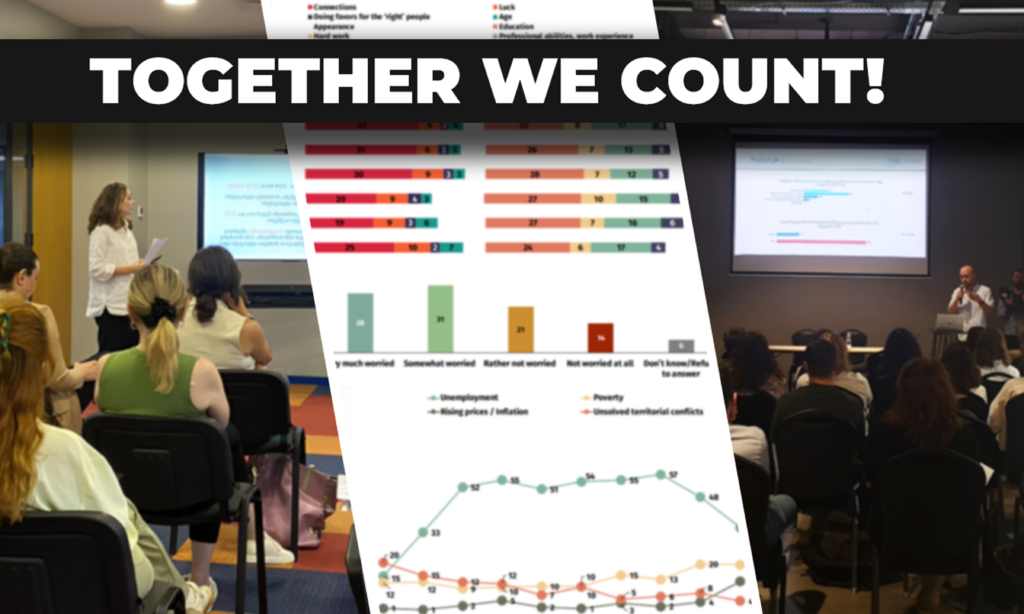[Note: This article was co-published with OC Media. It was written by Dustin Gilbreath, Deputy Research Director at CRRC Georgia. The views presented in this article do not represent the views of CRRC Georgia or any related entity. The data used in the above analysis is available here.]
The Georgian Orthodox Church has been hit by numerous scandals in recent years, but have those scandals affected public trust?
In 2017, a priest was charged and convicted of attempting to murder Patriarch Ilia II’s secretary. On numerous occasions, scandal has emerged as a result of the government handing over land to the Church for a symbolic price. The homophobic riots in 2013 on International Day against Homophobia and Transphobia, which included Orthodox priests, were another salient event which likely hurt the Church’s credibility in the eyes of many in the public.
More recently, sexual abuse scandals have emerged, and even more recently the Church’s actions around the COVID-19 crisis were controversial. A new studysuggests that these scandals are taking a toll on trust in the Church in Georgia, at least in the short term.
Given the above, it is likely unsurprising that trust in the Church has been on the decline in recent years. While 75% of Orthodox Christians fully trusted the Church in 2008, only 38% did in 2017. In 2019, the data suggest a similar picture.
Although this apparent decline is likely linked to the scandals, making a causal connection is difficult. Numerous factors could lead to declines in trust in the Church from changing values to less interest in religion.
However, a natural experiment which occurred during the fieldwork for CRRC’s Caucasus Barometer survey in 2019 enables a better understanding of the impact of Church scandals on people’s trust in the Church.
On 26 October, Iakob Iakobishvili, at the time an Archbishop in the Georgian Orthodox Church, suggested that the government had approached him with an offer to attempt to remove Ilia II.
On 31 October, the Church expelled Archbishop Petre Tsaava. Following the meeting, the archbishop accused Ilia II of being a paedophile. The allegations were shocking for Georgian society — Ilia II is generally accepted to be the most trusted figure in Georgian society.
At the same time as the above scandal was taking place, the Caucasus Barometer survey was ongoing and asked respondents about trust in the religious institution which they belong to. Through comparing randomly selected respondents who participated in the survey before and after the scandal, the natural experiment enables an understanding of whether there was a causal impact of the scandal on attitudes.
The results suggest that the scandal led to a significant decline in Georgians’ trust in the Church, with a 15 percentage point decline in those reporting they either fully or partially trust the Georgian Orthodox Church.
Further analysis was conducted to look at who the scandal affected most. The results suggest that there was a larger decline in trust among people in urban areas outside Tbilisi and those with higher levels of education.
In contrast, men and women, those who are working and not, and older and younger people were no more or less affected by the scandal, controlling for other factors.
The data also appears to suggest that the scandal had a larger effect on the religiously observant. The survey asked respondents about religious attendance and fasting.
Taking into account other factors, regular churchgoers appear to be more affected by the scandal. Similarly, those who reported that they fast often when religion dictates appear to have been more affected, in one of the two analyses conducted in the study.
While the above data analysis strongly suggests that the events of late October shook the public’s trust in the Church, this could be a short term effect. The data used for this analysis were collected in the weeks before and days after the scandal. Whether the decline in trust associated with the Church scandals is lasting is an open question as far as the data is concerned. More recent data that was released on 23 July suggested the public’s trust had further declined as a result of the scandals surrounding COVID-19.
However, the long-term decline in trust in the Church that has taken place concomitantly with numerous scandals suggest that the Church’s woes are having a lasting impact on Georgians’ trust in the Orthodox Church.










